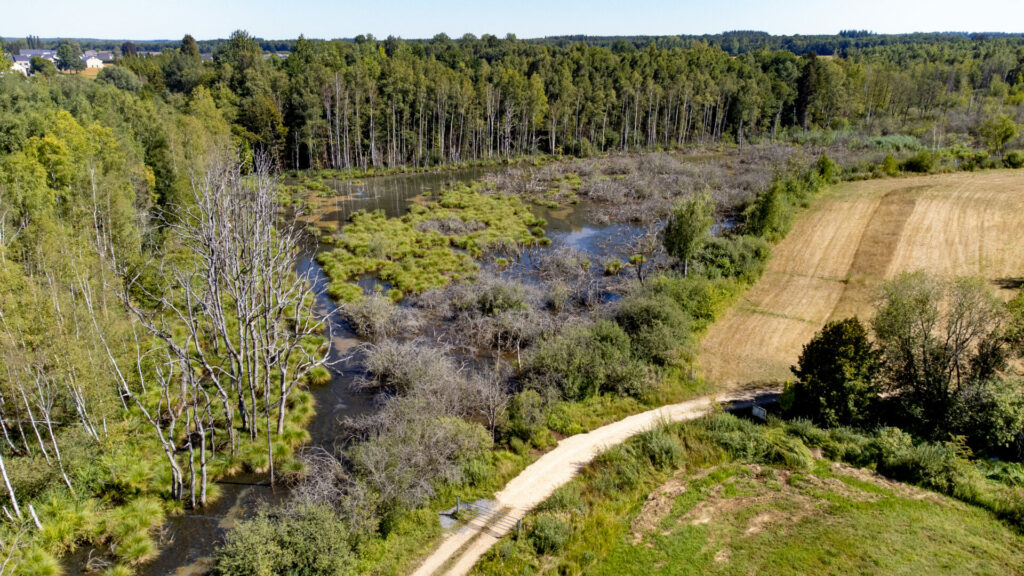April is the start of the “hydrological summer,” the six driest months of the year. Due to a rainy March, Belgium has a neutral amount of precipitation for this year, but that may not be enough to get through the upcoming dry season, De Standaard reports.
The water balance in Belgium was disturbed due to the uncharacteristically dry summer of 2022, and experts say that the precipitation deficit was finally compensated, largely due to the March rainfall. However, that leaves no surplus to sustain the water resources in the soil from now onwards.
“At the beginning of 2022, we had a surplus, but that turned out to be insufficient. In the dry summer that followed, however, we ran into problems. So it can become tense again,” Professor Patrick Willems, a hydraulic engineer at KU Leuven, told De Standaard.
In recent years, Belgium has shown increasing periods of drought, caused by the erratic patterns of rain, which in turn empty out groundwater reserves.
While rain may seem commonplace, especially in Brussels, the key issue is that when rainfall does occur, it often comes in short periods of heavy precipitation. The soil then struggles to absorb the water.
Willems explains that there is a new climate pattern in Belgium, with dry summers following one another in rapid succession. While it is possible that upcoming summers will be closer to “normal” than that of 2022, there is a new overall trend that has started.
If greenhouse gas emissions were to continue to rise, however, so would precipitations, by 10% per year until 2100. But that would still not compensate for the periods of drought: “That 10% may seem like a lot, I call it almost negligible,” Willems told De Standaard. “The winters will become wetter, but that will not compensate for the drier summers unless we succeed in capturing and retaining much more of that precipitation. The question of how much rain must fall has become nonsensical. We can no longer count on that rain in the current climate conditions.”
Related News
- 'Vampiric' water use will cause global crisis, UN warns
- Rising tap water prices in Brussels are 'symptom of water sector crisis'
- Brussels to start fresh round of road resurfacing across the region
Last year, Brussels authorities kickstarted a plan to improve water retention in the city. One solution is the set up of “rain gardens”, which are patches of greenery meant to absorb rainwater instead of letting it run off the asphalt streets.
In Flanders, water scarcity has led the region to mandate water well installations for all major construction or renovation projects starting this year. The wells collect rainwater, which can be then filtered and put in place for human use.
The Flemish region is particularly vulnerable to drought due to its higher industrialisation (meaning more water-repellant concrete), higher population density, sandy soils, and lower elevation above sea level (there is less ground available for groundwater reserves).

